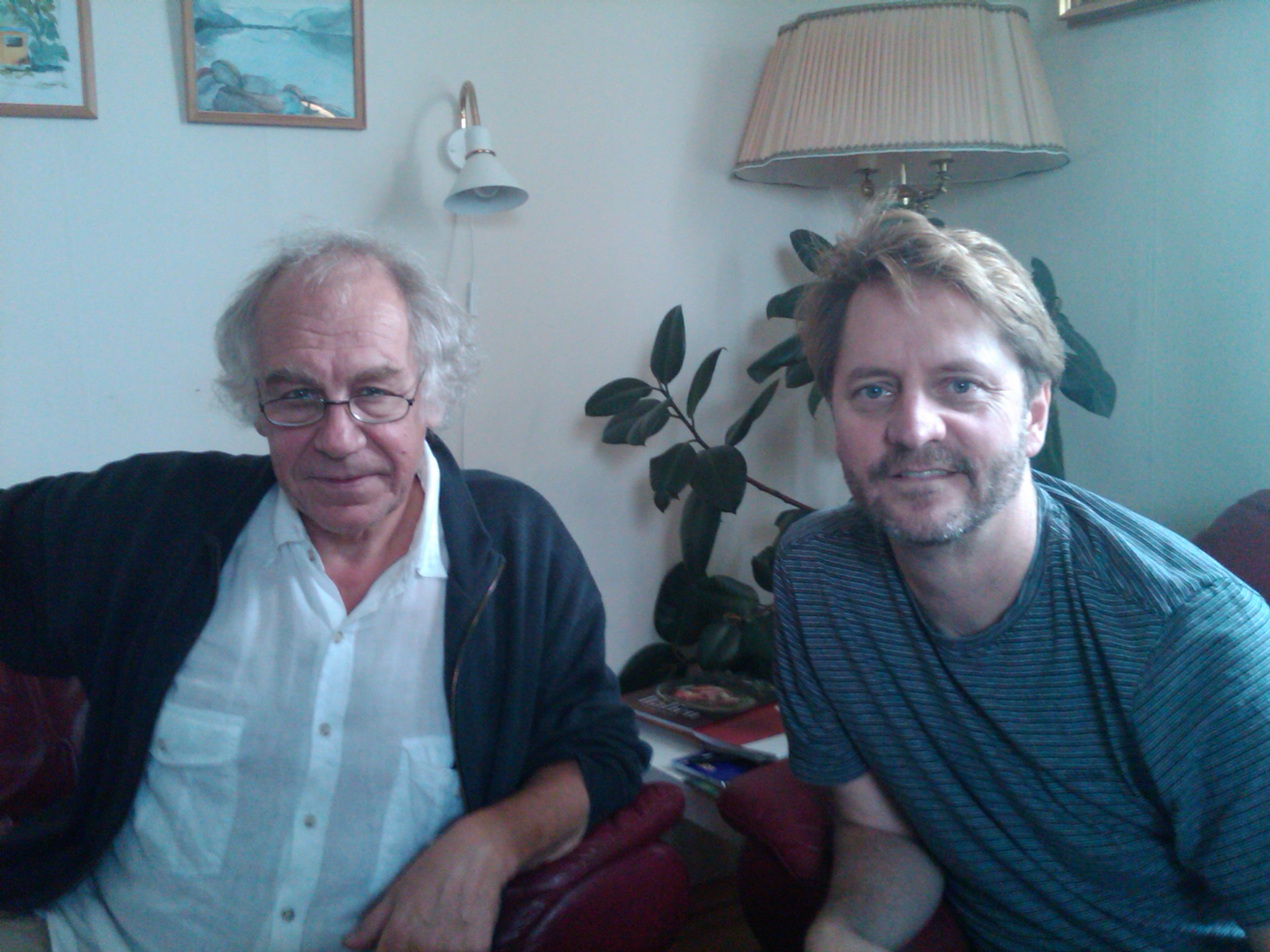No blogpost I’ve ever published received the amount of attention as the one on May 13th, 2012 detailing changes to Swedish Mental Health practice. At the time, I reported about research results showing that the massive investment of resources in training therapists in CBT had not translated into improved outcomes or efficiency in the treatment of people with depression and anxiety. In short, the public experiment of limiting training and treatment to so called, “evidence-based methods” had failed to produce tangible results. The findings generated publications in Swedish journals as merited commentary in Swedish newspapers and on the radio.
I promised to keep people updated if and when research became available in languages other than Swedish. This week, the journal Psychotherapy, published an article comparing outcomes of three different treatment approaches, including CBT, psychodynamic, and integrative-eclectic psychotherapy. Spanning a three year period, the results gathered at 13 outpatient clinics, found that psychotherapy was remarkably effective regardless of the type of treatment offered! Read the study yourself and then ask yourself: when will a simpler, less expensive, and more client-centered approach to insuring effective and efficient behavioral health services be adopted? Routinely seeking feedback from consumers regarding the process and outcome of care provides such an alternative. The failure to find evidence that adopting specific models for specific disorders improves outcomes indicates the time has come. You can learn more about feedback-informed treatment (FIT), a practice recently designed “evidence-based” by the Substance Abuse and Mental Health Services Administration (SAMHSA), by visiting the International Center for Clinical Excellence web-based community or attending an upcoming training with me in Chicago or on the road.
- Learn more about what is going on in Sweden by reading:
- Here’s one additional reference for those of you who read Swedish. It’s the official summary of the results from the study that started this entire thread:











